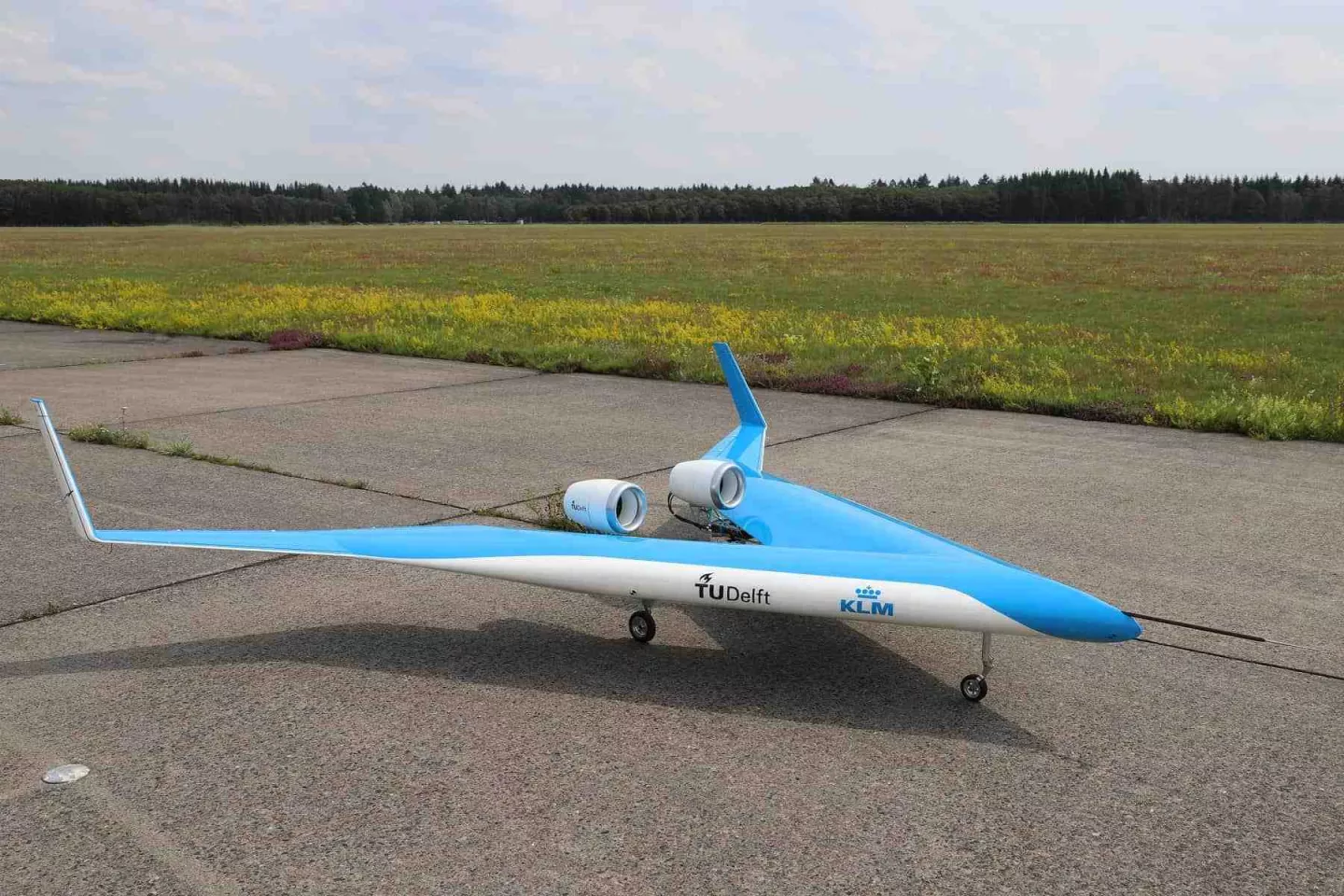Flow meters to monitor movements
Gathering accurate test data is essential during the development of a new aircraft model, this is why TU Delft contacted Althen about the specialized air data and flow measurement systems of Aeroprobe. A measurement system with a multi-hole Air Data Probe and a Micro Air Data System was chosen to process the data. The multi-hole air data probe (flow meter) is implemented in the scale model of the flying V. With a test flight, the researchers wanted to determine the flight behaviour of the Flying V. On board, the Flying-V is equipped with acceleration sensors and Aeroprobe flow meters that closely monitor movements and send data to the ground. Together with the data from the wind tunnel tests and computer models that calculate the aerodynamics, the data from the flight tests are essential in predicting the behaviour of a Flying-V at full size. In addition, the test flights help in fundamental research into scaled-flight testing for unconventional aircraft types.
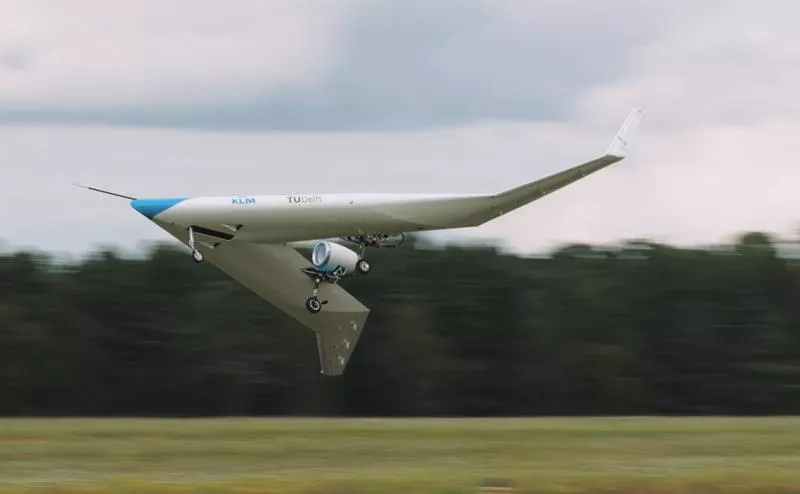
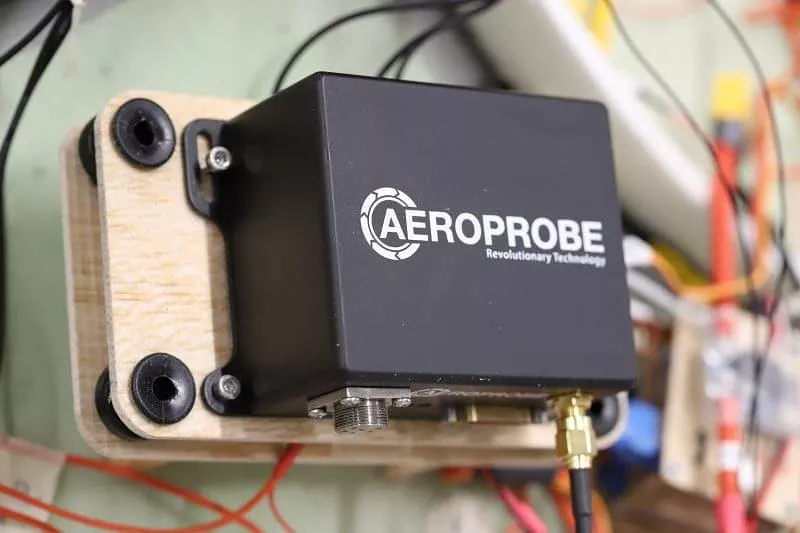

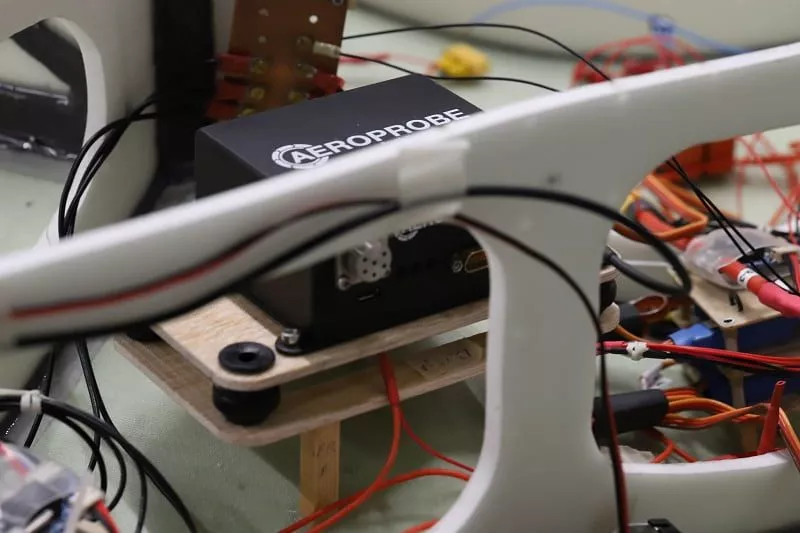
Successful first flight for TU Delft Flying-V
In the summer of 2020, the scale model of the Flying-V made a successful first flight. In July 2020, a team from TU Delft travelled to an airbase in Germany for a test week with an Airbus team. There the scale model of 22.5 kg and 3 meters in length flew for the first time.
During the test the scale model was controlled via a radio connection. To do a good test, the aircraft had to take off, perform a number of test manoeuvres and land when the batteries are almost empty. With this, the project team wanted to demonstrate that the aircraft can perform a sustainable flight based on predicted flight mechanical behaviour. And collect the first set of data on flight characteristics.
Flying and testing at the same time
During testing, the team received all the data sent by the Flying-V about speed, altitude and angles of the aircraft. The flight itself lasted only five minutes. Despite the short flight time, the researchers are more than satisfied with the first flight test.
The flight provided a lot of interesting data and insights, such as:
- The rotation on takeoff was simple and happened at a speed of 80 km/h. The thrust of the aircraft was good and the flight speeds and angles were as predicted;
- The center of gravity of the aircraft is a little further back than was calculated. The team placed extra weight in the nose for the flight and put the landing gear a little further forward. If the center of gravity of the model aircraft is not in the right place, the aircraft can become unstable;
- The current design shows 'wobbles', also called Dutch Roll. This makes it difficult to keep the wings flat and the landing was quite rough. Aerodynamic calculations had already predicted this, but now that these have been confirmed, the team can adjust the scale model accordingly. Without the use of accurate flow measurement sensors, especially side-slip angle, this type of motion is difficult to identify and to calculate how coupled it is and what can be done to solve it;
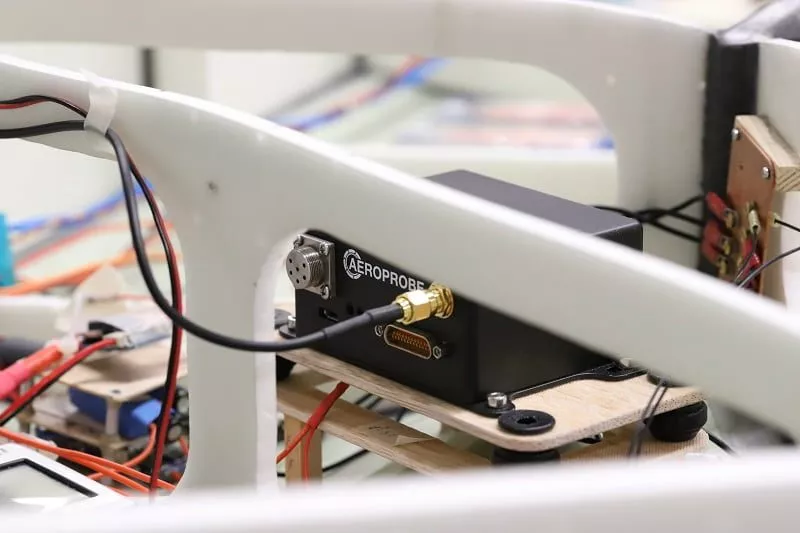
Flying in dynamic conditions
Flying with scale models is important because researchers only really know how an aircraft behaves when it is flown in dynamic conditions. The team uses the insights from the tests for further development of the Flying-V. For example, by applying a damping system - which normal aircraft often also have - or by changing the design of the winglets. The TU Delft team will use the collected research data from the flight to create an aerodynamic model of the aircraft. Using the model they will calculate exactly how to modify the aircraft. The aircraft will also be prepared for new flight tests. For example, the nose landing gear needs to be repaired. During the next test flight, the Aeroprobe airflow measurement system is used again to collect relevant data.
Products
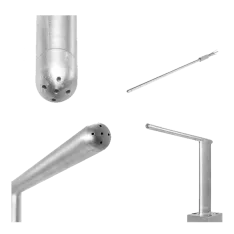
Air Data Probes
- 1, 3, or 5 tip ports with a static ring
- High accuracy NIST traceable calibrations
- Up to 500 discrete aerodynamic calibration points per speed
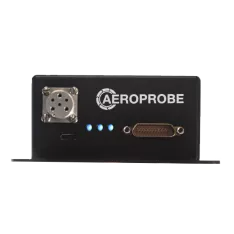
Micro Air Data Systems
- Multiple models for different applications
- Reliable and expertly engineered
- Certifications for operating in harsh environments
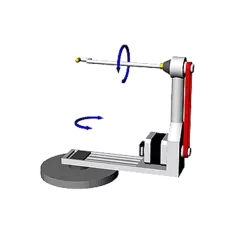
Aeroprobe Services
- Superior calibration techniques
- Quality consultancy by credited engineers
- High reliability

